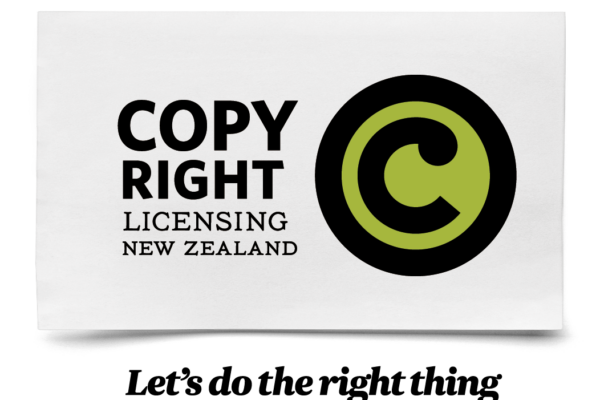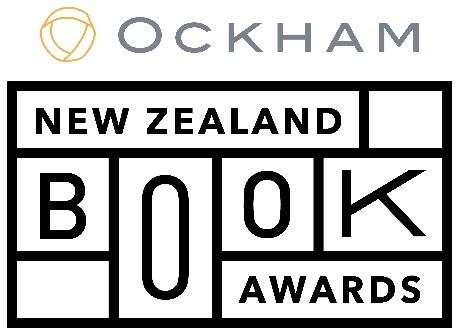17 April 2019 The New Zealand Book Council

According to Internet New Zealand, 93% of us use the internet once a day or more. We now get much of our information and pleasure from our online worlds. If we are reading, much of our reading will be online, on screen.
Some things about the online environment can make reading easier. Applied learning technologies (such as interactive apps) support learning to read and being online gives us access to a wide and varied range of digital texts.

But researchers, particularly neuroscientists, are growing concerned. Research increasingly shows that when we read online we tend to scan and read in a ‘F or Z’ form. We scan the first line, then spot words in the text and swap our focus every 2-3 minutes. We may have what neuroscientists call ‘continuous partial attention’. We are not focusing on anything as in-depth as we used to. Our brains like this. We are hard-wired to seek out new stimulus. Our ‘attentional system’ (the parts of our brain that allow us to concentrate) is predisposed to moving immediately to follow any new stimulus. We like novelty.
So skimming may become the new norm for reading. We spend split seconds ‘grazing over’ the vast amounts of information available to us online. But will this mean we will lose the ability for the slower, deliberate process of deep understanding of complex concepts that trigger our inner thought processes? Neuroscientists think so.
We may be eroding our ability to comprehend complex text – to codify, classify, organise information and understand other people’s perspectives. The process of deep reading can take us beyond the text, into our own thoughts, and build our cognitive strength. As Proust stated “We always like to be taken out of ourselves a little, to travel, when we read.”
The number of stimuli vying for our attention also reduces the brains ability to comprehend what it is reading. We may be losing the ability to concentrate and give sustained attention to difficult and complex concepts and texts.
In the last ten years we have changed how much we read, how we read and why we read. The brain is plastic, that is, it moulds to fit what is required of it. There are signs that children’s brains are adapting to digital reading and reading in an online environment.
The question is what will the impact be of these changes: What skills are we losing? At what cost? What are we gaining?
To learn more about the neuroscience of how we are reading, explore the work of Maryanne Wolf, Director of the Center for Dyslexia, Diverse Learners and Social Justice, UCLA, in particular her books Reader, Come Home; Proust and the Squid and Tales of Literacy for the 21st Century.
Reading in the digital age is one of our themes here at the New Zealand Book Council. We aim to stimulate debate about reading in the 21st century by researching New Zealand’s online reading behaviour and widely sharing the results.




